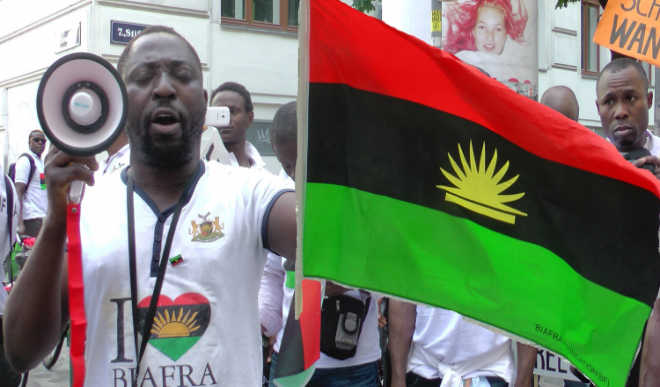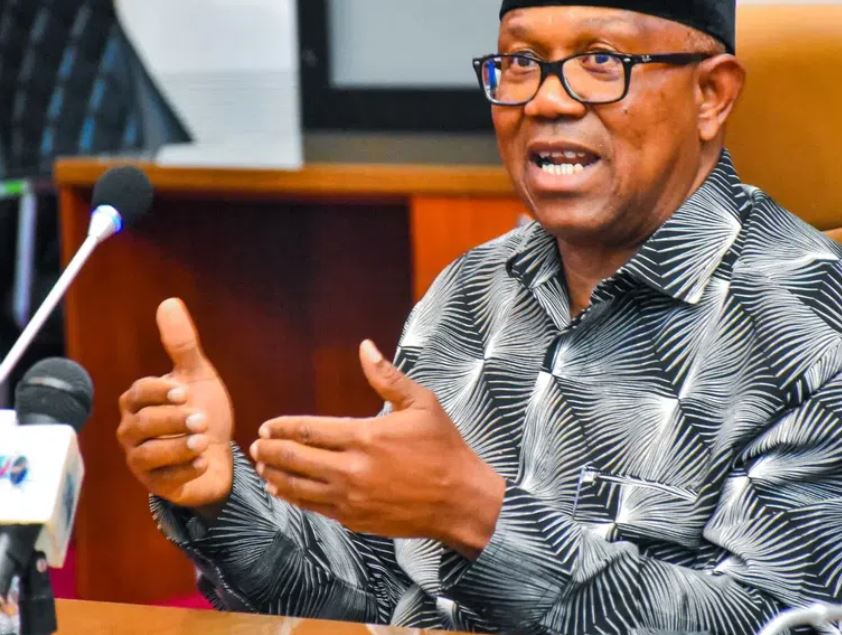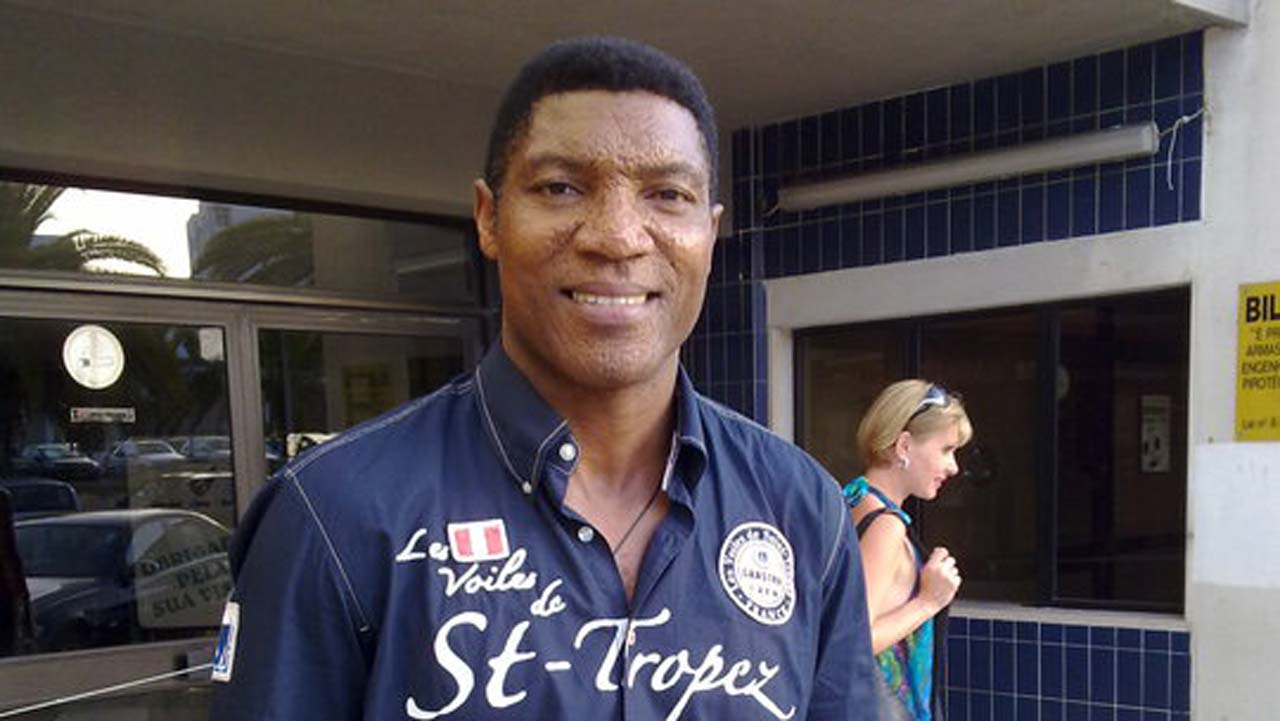The Indigenous People of Biafra, IPOB, yesterday, went before the Court of Appeal in Abuja to challenge the order that proscribed and designated it a terrorist organization. This was as the leadership of IPOB worldwide, publicly apologized to the leaders of the Eastern Consultative Assembly, ECA, over the embarrassment of its leaders in Enugu on Tuesday.
IPOB, through its lawyer, Mr. Ifeanyi Ejiofor, is praying the appellate court to set aside in its entirety, the ruling/final decision of the Acting Chief Judge of the Federal High Court, Justice Abdul Abdu-Kafarati, which on September 15, 2017, outlawed its activities in Nigeria.
The high court had proscribed IPOB on the strength of an ex-parte motion by the Attorney General of the Federation and Minister of Justice, Mr. Abubakar Malami, SAN, filed on behalf of the Federal Government. In a follow-up ruling on January 22, 2018, the court dismissed a motion IPOB filed to challenge the legal validity of the proscription order which it said was surreptitiously obtained by the AGF.
Meantime, in its five grounds of appeal, IPOB contended that Justice Abdu-Kafarati erred in law and occasioned a miscarriage of justice, when he ruled that the mandatory statutory condition requiring President Muhammadu Buhari’s approval, under Section 2 (1) (C) of the Terrorism (Prevention) (Amendment) Act, 2013, was satisfied, on the authority of a Memo the AGF issued on September 15, 2017.
It told the appellate court that the lower court Judge failed to evaluate, consider or mention in his rulings, affidavit evidence that was tendered to establish that IPOB was not a violent organisation.
“Proper findings of facts built on a meticulous evaluation of affidavit evidence placed before the Court below, will resolve whether the activities and characters of the appellant as clearly distinguished vide compelling exhibits placed before the Court, meet the threshold definition of terrorism acts, as contemplated under Section 2 (i) (a) (b) & (c) of the Terrorism Prevention (Amendment) Act, 2013.
The appellant’s activities as contested in its written submission before the trial court, strongly supported by credible affidavit evidence falls short of acts of terrorism as contemplated under Section 2 (1) (A) (B) & (C) of the Terrorism (Prevention) (Amendment) Act; this submission was not considered by the learned trial judge,” IPOB stated.
No date has been fixed for the hearing of the appeal.





















